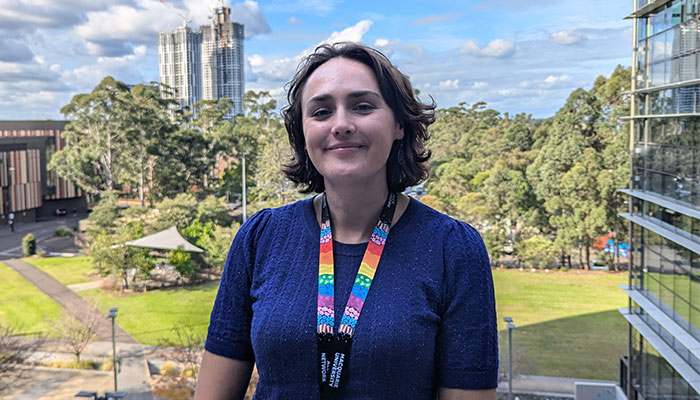Care for patients with epilepsy has long focused on seizure management, despite the well-known link between epilepsy and mental health conditions.

Associate Professor of Psychology and clinical psychologist, Milena Gandy says the conditions are often found together due to a complex interplay of neurobiological and psychosocial factors.
“Depression, anxiety and epilepsy are believed to share common neuropsychiatric pathways and mechanisms,” she says.
“In some cases, mood disorders can pre-date the onset of seizures, or even constitute part of the seizure itself.
“On top of this, the psychological burden of living with epilepsy, including stigma, social withdrawal, memory problems and side effects from medication, can significantly impact mental wellbeing.
“Left unmanaged, anxiety and depression can have even more impact on a person’s quality of life than seizures, and they can be highly detrimental both to how they manage their epilepsy and their long-term prognosis.”
Macquarie paper highlights new global insights
Associate Professor Gandy is lead author of a new paper that brings together global insights from existing integrated mental health care services for people with epilepsy, aiming to inform and shape future initiatives in the field.
Its practical strategies can be adapted to hospitals and clinics around the world, and highlights successful examples of everyday settings where they have been put into practice.

The need for more integrated epilepsy care that also covers mental health concerns has been highlighted by the International League Against Epilepsy (ILAE), but integrating these recommendations into routine seizure care has been a slow process.
According to Associate Professor Gandy, some clinicians say they hesitate to raise mental health issues because they are not sure what to do if they do find a problem.
“Avoiding the conversation doesn’t make the issue go away – it just means the patient is left to struggle alone,” Associate Professor Gandy says.
“People with epilepsy often tell me they would rather have a seizure than live with depression.
"Integrated care aims to treat the whole person rather than just one's physical symptoms."
Milena Gandy is an Associate Professor in the School of Psychological Sciences at Macquarie University and Exeuctive Member of Macquarie University Lifespan Health and Wellbeing Research Centre.
.



